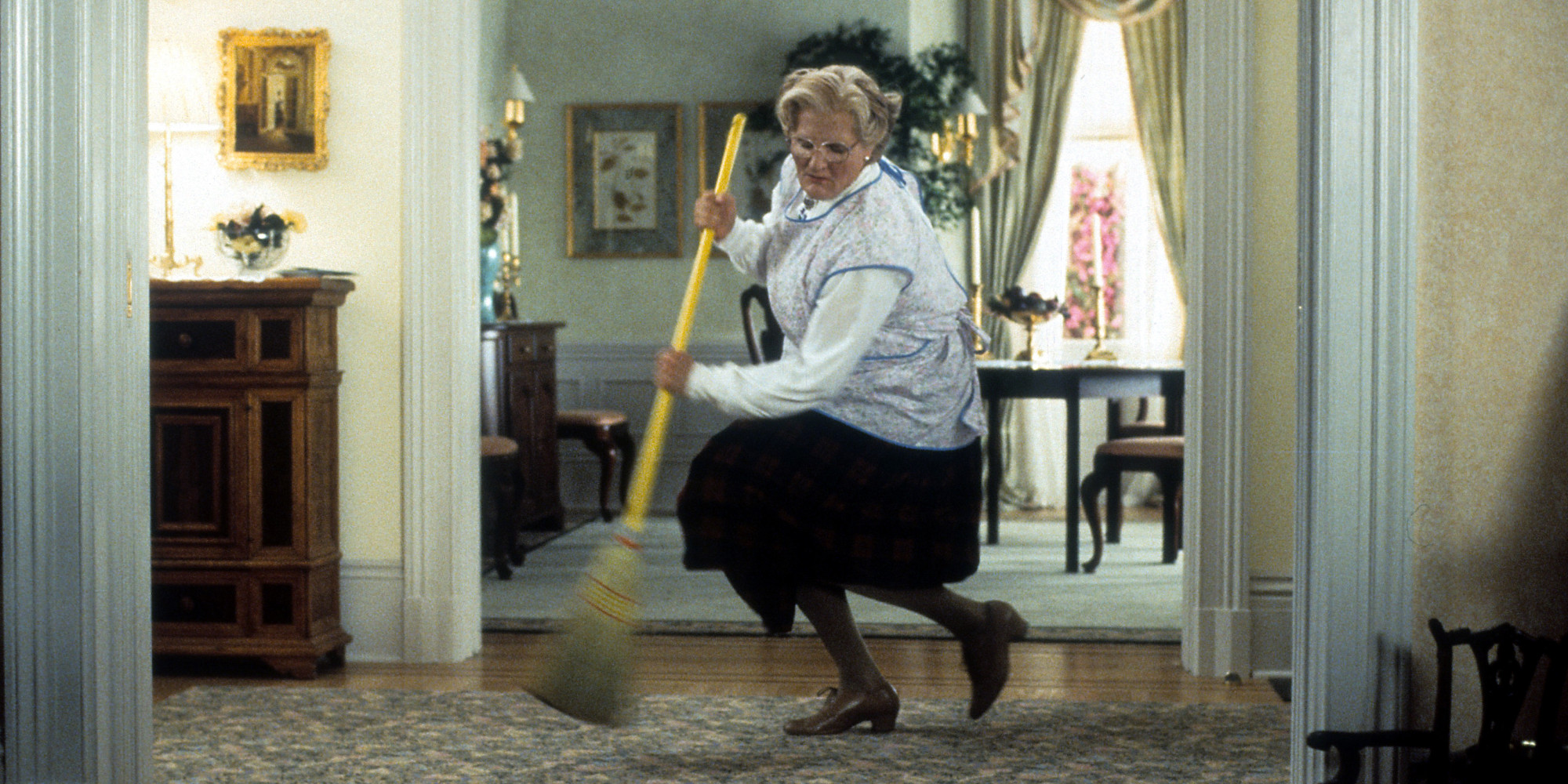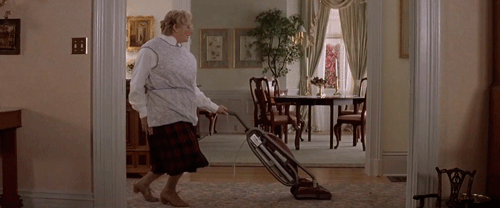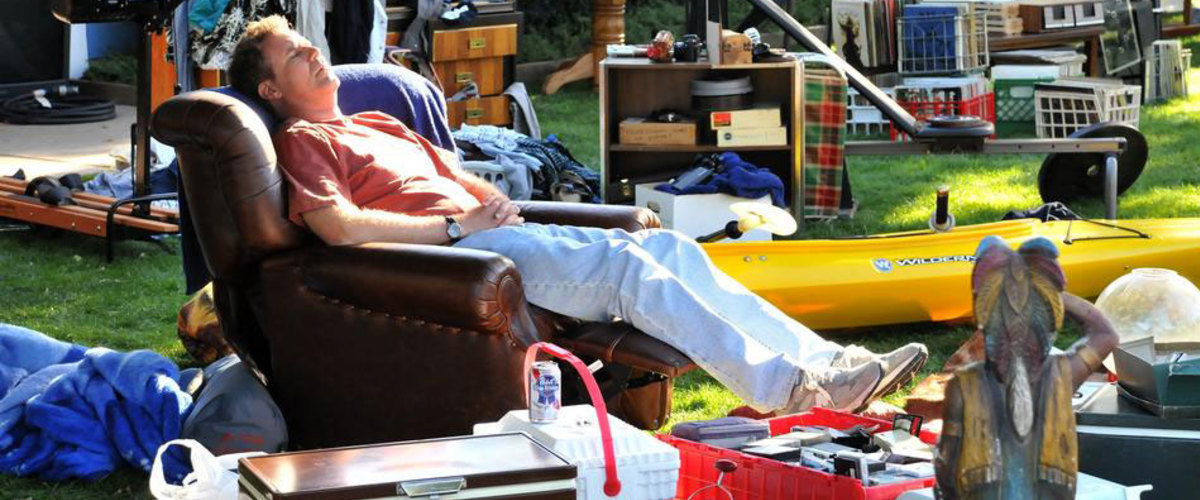
The following is taken from Chapter Four of what is probably Mockingbird’s most practical publication to date, Grace in Addiction: The Good News of Alcoholics Anonymous for Everybody. See pages 83-92.
“Forgive everyone your sins.” – Jack Kerouac
“Why do you look at the speck of sawdust in your brother’s eye and pay no attention to the plank in your own eye?…First take the plank out of your own eye.” – Matthew 7:3-5

Just as the Twelve Steps started with a recognition of our powerlessness over addiction, so too the 4th Step encourages a brutally honest self-examination of our life on a broader scale. The Big Book describes this step as a “personal housecleaning.” Imagine a messy room, or worse, a messy house. Picture dirty dishes piled up in the sink, overflowing laundry baskets, piles of old mail, dirty carpet, dust on the ceiling fan blades, burnt out light bulbs in the light fixtures, and cob webs in the corners. Maybe there are socks on the floor, and other items strewn about. Add to this a basement full of abandoned projects, and an attic stuffed to the gills with long-forgotten possessions. And then there are the bathrooms…yuck! This house needs to be cleaned.
AA would suggest that most people’s lives require the same sort of upkeep.[1] This is especially true of lives that are in the midst of collapse, as they frequently are when a person arrives at her first AA meeting. Indeed, AA is often the last place people want to end up, or “the last house on the block,” as it has been called. Its shabby façade is considerably harder to approach than Mrs. Jones’ white-picket-fence house down the street, which always seems to glisten by comparison.
AA understands that most people’s lives are far messier than their houses. Even people with clean homes do not have clean lives, and furthermore, clean houses don’t stay clean without continued spit and polish. For this reason, everyone, regardless of their relationship with addiction, can benefit from Step 4, from “taking an inventory of themselves.”[2] The knowledge of our own weaknesses and limitations continues to disabuse us of self-reliance, and nowhere is this more apparent than in Step 4.
This step is a writing exercise. It is the step that people in AA rarely complete until they have experienced its alternative — the hollow sobriety that comes from failing to address the inner issues behind alcoholism. That is, the same dynamic applies here that we’ve discussed already, namely that people don’t do Step 4 until they can’t keep from doing Step 4 any longer.[3] To quote Robert Capon again: “Of course we must believe; but only because there is nothing left for us to do but believe.” People dodge and half-heartedly work Step 4 because it is designed to search out “the flaws in [their] make-up” – not exactly what most of us would consider a good time, but something that becomes necessary. As old-timer Chuck T. once put it, “we are driven to the Twelve Steps…and not in a Cadillac!”

Blockages
“When the spiritual malady is overcome, we straighten out mentally and physically.” -Big Book (64)
Years ago I was part of a swim team. One day, before we jumped in the pool, the coach walked up to me and pushed on a bruise on my arm. He said, “Did that hurt?” It did hurt, but only once he pushed on it. Step 4 works a bit like this, pushing on the bruised places in our lives. It does so in order to heal them. As the Sufi poet Rumi wrote, “The light can only enter into the wound.” Or, to return to the housekeeping analogy, the cleaning can only be effective if it is applied to a specific mess. So what are the messes that occupy our lives?
The Big Book focuses on three universally problematic areas of human weakness: Anger, Fear, and Sex. What a list! Who is exempt from dealing with them?
Bill W. describes their impact: “When harboring such feelings, we shut ourselves off from the sunlight of the spirit” (66). Blockages keep things dark, and they block out the sunlight. They are likened to “spiritual disease” (66). I sometimes like to think of the problems – lingering anger, debilitating fear, and shameful sexual experiences – as being like poison, or like cholesterol in an artery. The 4th Step opens the vein so that the poison can be sucked out… by God. It works like an angioplasty, clearing out the blockages so that the blood can flow to the heart unimpeded.
Each of these blockages describes particular expressions of selfishness, which AA sees as the core problem. Again, as Bill Wilson had it: “selfishness, self-centeredness, that we think is the root of our troubles” (62). Traditional Christian theology uses the word “sin” to describe this condition and, to our way of thinking, the words are almost interchangeable. They describe the angling of the human heart, inclined away from God or, to use famous imagery from St. Augustine, curved in upon its own navel.
To start an inventory, a person can say a little prayer. Many in AA use the following one: “God, help me to be honest. Please show me what it is that you wish for me to see about myself.” Others even write the words “God help me to be honest” at the top of every page of their 4th Step. If we adopt the idea that God does the revealing, it makes the whole process flow more smoothly. We take inventory in order to find the things that He would reveal to us. We do not need to muster up a great well of personal insight—we just list what comes to mind.
One side note: the Step 4 inventory is a written exercise. For those wanting to do it, just get a legal pad and a pen. There is power in the actual experience of writing the material down on paper with one’s own hand, and it is not at all the same thing to try to type an inventory or to do it mentally. This also happens to be the most easily applicable step for non-AA members.

Lingering Anger: You Are Not John McEnroe
Think of a bad mood and the impact it carries. There’s an old saying: “The boss yells at the employee, who goes home and fights with his wife. She then scolds her son for not doing his chores, and he runs to his room. On the way up the stairs, he kicks the family dog, who was just lounging on the landing.” Anger can have a chain-reaction effect, both within ourselves and in our interactions with other people.
The Step 4 inventory starts by looking at resentment, which the Big Book describes as the “number one offender” when it comes to blockage in recovery (64). Resentment, of course, is any kind of lingering anger – the residue of old hurts, disagreements, and frustrations. Nobody chooses to be angry. We talk about anger being something that “gets the better of us.” It is insipid, and it sneaks up on us.
We live in a culture so besieged with anger that it can be very difficult to imagine life without it. And so we try to justify our anger. People talk about things like “healthy anger” and “channeling anger in a productive way.” Remember John McEnroe, who was famous for his ability to play better tennis when he was angry? AA whole-heartedly parts ways with this train of thought. In AA there is no such thing as “healthy anger.” It is all bad; it is always toxic. In short, you are not John McEnroe.
Step 4 asks us instead to consider whether getting rid of our anger would be more helpful than finding ways to hold on to it. Here in AA, we find arguably the finest outworking of Jesus’ famous teachings in the Sermon on the Mount and elsewhere—admonishments such as the ones to “forgive seventy times seven” and “if a person strikes you on the cheek, turn the other cheek” and “love your enemies.”
It makes sense that Step 4’s inventory begins with a look at anger and resentment. So how do we find our anger? It’s not hard.
Resentments: An Exposé
The Big Book suggests that each individual should begin her 4th Step in the following straightforward manner: “In dealing with resentments, we set them down on paper. We listed people [and] institutions…with whom we were angry” (64).[4] “People” are the individuals toward whom we have lingering anger. We refer to them by name. “Institutions” are groups of people (e.g. professions, corporations, races, or religions).
Whom do you resent? Now we make a list. We write at the top of the first page of our inventory the word “people” and then underline it. Then, going down the page, we simply list the people we resent: “Martha, Alan, that car salesman, Uncle Jeff, the neighbors…”
A few things need to be said about resentments. First, it’s possible to love and resent a person at the same time. A person can both love and resent his child or his spouse, for example.
Putting a name on this list does not mean we don’t love them, so we try not to let our love for a person hinder our honest admission that we resent them too. Along the same lines, we typically resent other people for two types of reasons: either they did something that we resent, or they simply “are” a certain way that we resent. We might resent a co-worker for stealing an account from under our nose, or we might resent him for being loud-mouthed, crass or ugly….
One helpful rule of thumb here is that the more time you have spent with a person, the greater the chance that you are harboring resentment against them. One other common hiccup is the thought, “I don’t resent them anymore.” Perhaps people get over some of their past anger, but usually such statements reflect wishful thinking. Anger lingers – that’s the problem. It doesn’t tend to go away until a therapeutic process like Step 4 has been undertaken. Common wisdom has it that “time heals all wounds,” but AA does not agree. God heals wounds by enabling people to forgive their offenders; otherwise, wounds stay put. Anger typically festers and infects, and not the other way around. This is why resentment is the “number one offender.”
There are usually between 5 and 20 key players at any one time in a person’s resentful state of mind. For the alcoholic, that number tends to be greater. But it’s fair to say that the bulk of one’s resentment is focused on just a handful of situations, and the names of between 5 and 10 individuals will comprise most of someone’s anger. Every honest list includes at least one or two family members or loved ones. My sponsor once asked me, “John, am I on your list?” I answered, “No”, to which he replied, “When are you going to start getting honest?”
In terms of order, we generally find it helpful to start with the present and slowly work our way back through our lives. Those who want to try Step 4 on for size can use the following guidelines; others will simply find them informative. Ask yourself who or what circumstances have caused you anxiety. Whom do you have a problem with? Whom do you not like? Have there been any fights? Write those people down. Start by thinking about your family and your living situation. Think about your job. Bosses and coworkers often find a place on this list. So do neighbors…
It’s not hard to find resentments when you start to look for them. It might even seem like you are opening Pandora’s Box. The good thing about an inventory is that you can do it at any time; names can always be added. It’s important not to get too bogged down trying to make the list “completely complete.” That would be impossible.[5]
I remember one individual in AA who showed me a list with over 900 names on it. It was pages and pages of names, the kind of extreme behavior that alcoholics are known for. I wondered if he would ever be able to finish his inventory. We started to look through it together, and I immediately noticed multiple repeats. He had his mom on there about twelve times, and many other individuals were listed multiple times. I remember asking him, “How many Dianes do you know?” Together, we were able to boil his list down to a much more manageable – though still somewhat unwieldy – two hundred and fifty resentments.
At one point, while looking at his section on institutions, I asked him, “It says here that you resent ‘communism.’ Is that true? Do you really have a resentment toward communism?” He replied, “I guess not.” And so we crossed it off the list. I then asked him, “What about ‘capitalism?’ Is that a big red-button topic for you?” He again said no and we crossed it off the list too.
Finally, I perplexedly asked, “What about ‘Subaru?’ It says here that you resent ‘Subaru.’ Do you really resent ‘Subaru?’” He looked at me with fire in his eyes and responded, “Big time!” Subaru stayed on the list, and we went from there. He was very diligent, and soon we were on to his 5th Step.
Most non-alcoholics don’t err in his direction though. They tend to put too few names on their list, barely scratching the surface. They are reluctant to acknowledge their resentments because it makes them uncomfortable. To be clear, a cursory attempt at inventory won’t do anyone much good. More is better than less. But even fifteen names will get at the material that most needs to be addressed.
The Big Book points out that “staying sore” was “as far as most of us ever got” (66). Just making a list does little for one’s mental and spiritual health. If anything, it disturbs it, stirring up the silt at the bottom of the stream and making things murky. For this reason, people sometimes (read: often) find that, when working on their 4th Step, they become irritable in a way that is somewhat uncharacteristic. One friend even spoke of a string of nightmares that plagued him until he had finished his 5th Step. While we neither worry about the agitation nor tell newcomers to expect it, some disturbance during the 4th Step is natural. The most important thing is to finish the inventory, because the peace that lies on the other side of the 4th and 5th Steps is the sort that people would do well not to miss.
Buy your copy of Grace in Addiction here!
[1] Here we can affirm a famous quote from Socrates: “The unexamined life is not worth living.”
[2] The number of clergy, for example, that have never been in any kind of therapy is shocking. They are floating out on their own in many cases, with little to no reflective time in the presence of a wise friend. So many clergy tout “accountability” as being so important, and yet have very little regular practice at it. It is a spiritual axiom/basic premise of this book that: All people need counsel.
[3] People do try to skip the less preferable or more demanding steps. Steps 4 & 9 are the ones that are most typically worked only partially or not at all. It is often the case that they are avoided until the gnawing lack of thoroughness and attendant misery of an unfulfilling emotional state in sobriety (called “so-dry-ity”, or being “dry”) motivates a person to revisit the steps in which he skimped. The Big Book encourages the reader to ask himself, “Have [I] tried to make mortar without sand?” (75).
[4] Perhaps it goes without saying, but the Twelve Step approach to spirituality implies that such a life is incredibly practical. It involves a direct engagement with life, rather than any kind of transcendence. In AA there is nothing more mystical than love for an enemy or charitable concern for the wellbeing of others.
[5] As a young monk Martin Luther almost drove himself insane worrying about the sins he had committed that he couldn’t remember. At the time, he believed that he had to confess them in order to receive forgiveness for them. He knew himself well enough to know that he could never finish the job satisfactorily. You can probably imagine how happy he was to discover that God is in the business of picking up this kind of slack.

COMMENTS
5 responses to “AA’s Fourth Step: Unpacking the Boxes of Resentment and Love”
Leave a Reply













Long before Bill W. and a bit more eloquently Carl Jung wrote, “There is no coming to consciousness without pain. People will do anything, no matter how absurd, in order to avoid facing their soul. One does not become enlightened by imagining figures of light, but by making the darkness conscious.”
It seems most of the addictions in this world are all about avoiding consciousness.
[…] with ourselves about what we want and what we don’t want in our homes. It’s akin to a spiritual practice of (literally) getting those skeletons out of the closet. Kondo walks the reader through five […]
Thank you for the help with understanding my fourth step better. Much love and God bless.🙏💕🌈💯
What if i HAD a resentment for someone but have forgiven them already? Do i still list them?
If you still remember the resentment, I would list
It. Names are irrelevant. List it by place and time,
(I rodeoed all across the country in my 20’s, and had
To use this method for my sex inventory).